
Spoiled Kids or Emuna Kids?
The biggest problem of a home that lacks gratitude is spoiled kids with massive egos, a huge sense of entitlement and a feeling that they deserve everything…

Parents who are raising their children to have emuna need to teach their children by personal example the attribute of gratitude. A child that learns from an early age to recognize kindness and appreciate the things they get grows up with less behavioral issues. Having gratitude is the characteristic trait of every Jew, hence all of our blessings are designed around this essential attribute. We literally thank God all day long and don’t take things for granted.
Although this takes a lot of effort, the payoff is incredible. Every parent realizes that at some point they need to teach their child to say thank you. But from experience I can see that the earlier you start the easier it will be later on. The later you wait to emphasize gratitude, the more difficult child-raising will become, which can also be a real relationship strain.
Rabbi Shalom Arush often speaks about the necessity for every child to say thank you three times upon receiving something: one to mommy, one to daddy, and one to God. But a parent can’t expect their little princess to say thanks for the new dress if the parent himself lacks gratitude. So check yourself, are you really living it?
For a parent there are a few tricks to use.
Number one, pray! Ask God to help you be a role model in having sincere gratitude in your heart. Pray for this daily in your own secluded prayer session. Next, get a thank you notepad to keep in your purse or 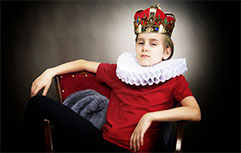 pocket. Every so often jot down a few things you are grateful for. For example: family, health, money, Torah, house etc. Little by little this can get addicting because the feeling you get is wonderful. If you want to put it to the test, try writing fifty things you are thankful for!
pocket. Every so often jot down a few things you are grateful for. For example: family, health, money, Torah, house etc. Little by little this can get addicting because the feeling you get is wonderful. If you want to put it to the test, try writing fifty things you are thankful for!
Another tip is when you are with your kids say out loud thanks to God for what you have: “Thank You God for the stroller, thank You for the car, thank You for my clothes today, etc.” This type of behavior sets the right example and the kids pick it up if it is sincere.
One time I failed in this area and was being kind of robotic. We were eating pizza preparing for Passover and I was going over the ten plagues with my kids to make sure we knew it for the approaching holiday. The kids did great and I was so happy but as we finished the meal I also wanted to add the gratitude into their education. I wanted them to say thanks for the pizza, the nice weather, the money I used to buy the pizza, etc. But I got a weak and cold thank you from them.
At that moment I recalled what Rabbi Arush says in Garden of Education that our children are our mirrors. Following that logic I knew that I had a problem with gratitude.
I immediately began to enthusiastically say thank you for all of my blessings. When my kids saw how I was acting, it became a lot easier for them to give thanks as well and their entire attitude changed.
Every parent can easily teach their kids the principle of saying thank you from the earliest age. Before you feed your infant, bring the spoon to their mouth and as they eat say, “Thank you mommy/daddy.” Do this as often as possible. The feeling you will have as a young parent when your baby says thank you will be immense joy. The idea is not to get them to be a parrot but rather to plant the seeds for gratitude to grow. With a consistent effort your children will have a much easier time saying thank you.
Some problems do occur however, like being consistent for example. Emphasize to your spouse the importance of raising your kids in gratitude and that you need to be together. Share with them the risks of not doing so such as: spoiled kids with massive egos, a huge sense of entitlement and a feeling that they deserve everything. No one likes it when their four year old takes everything for granted without a nod of thanks.
You can avoid that! Start from the earliest age, as you are feeding them, to always say, “Thank you mommy” as they are getting their food. In a given meal you could do this up to ten times. The more you do it, the better chance you have of seeing the results you want faster. But remember to stay with it, don’t let up after trying it for a week. As a young parent you are shaping their spiritual DNA.
Let’s recap:
- Start as early as possible to joyously teach about gratitude.
- To embed this in our children takes immense consistency but the payoff is never-ending.
- In order to give it you need to live it. Follow the tips laid out above.
- Ask God daily for help in being the role model your kids need.
Homework:
- Increase your gratitude as a parent, pick up a thank you notebook today and start counting your blessings.
- At the next meal start teaching gratitude to your baby as they eat.
- Share this article with all your friends who have little kids!
My heartfelt blessing to you all in raising your children happily in Emuna with happiness and peace in your home, AMEN!




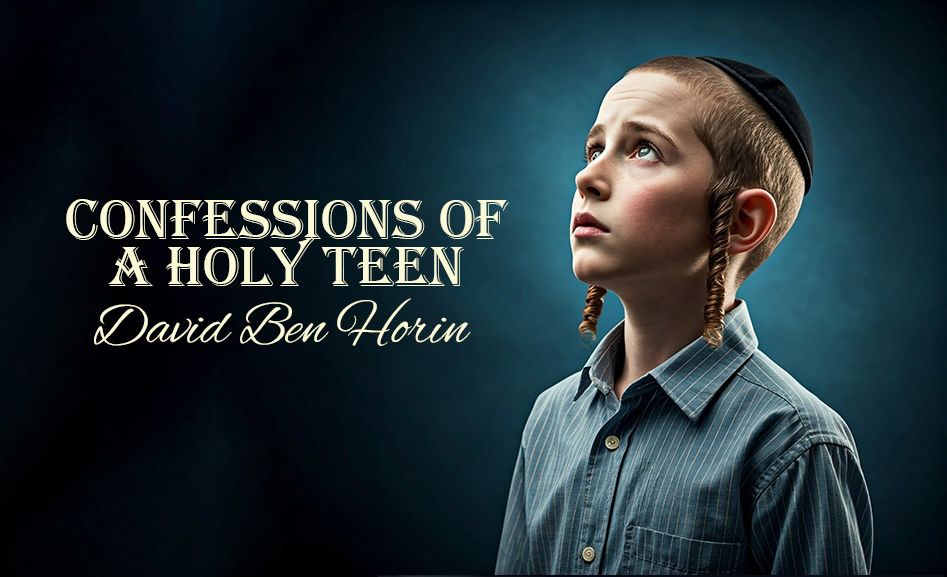
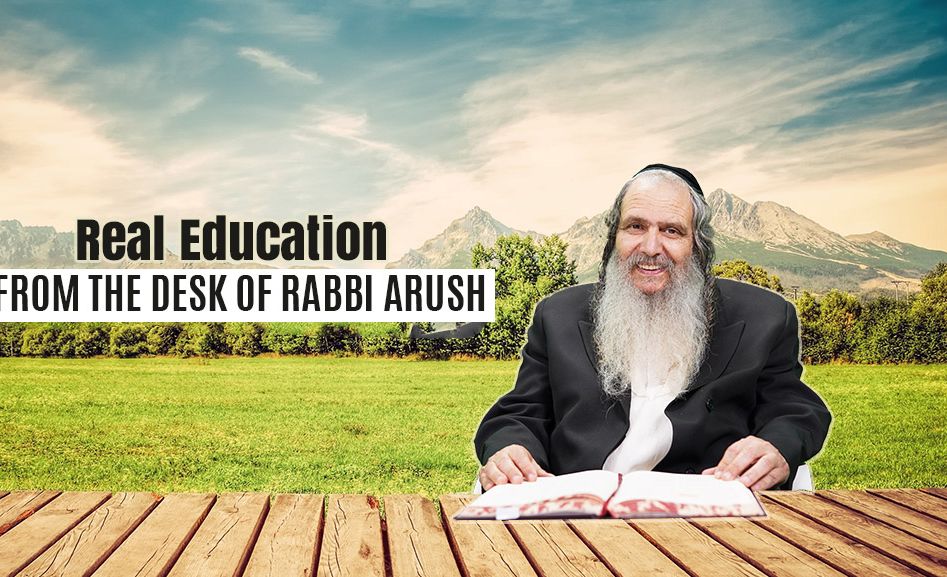
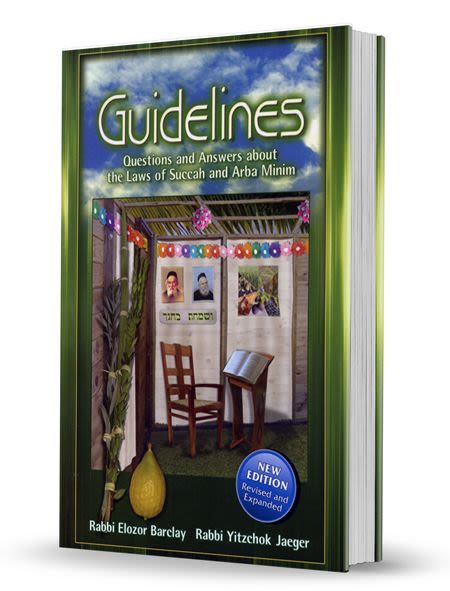
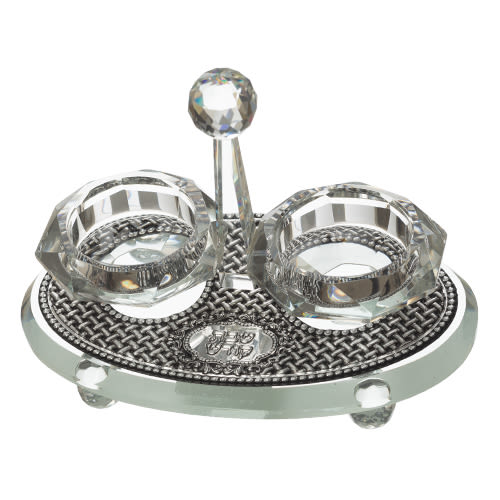
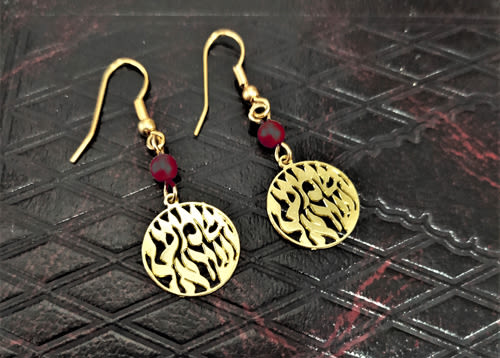
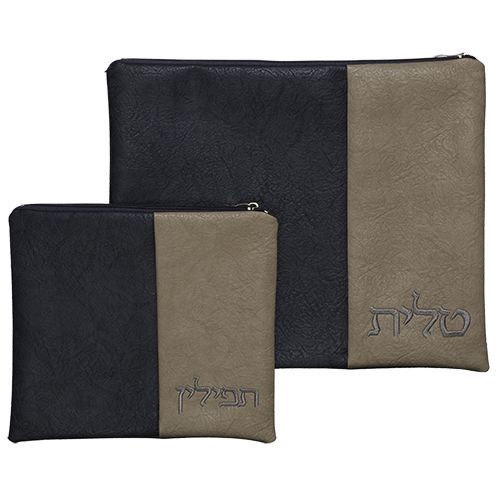
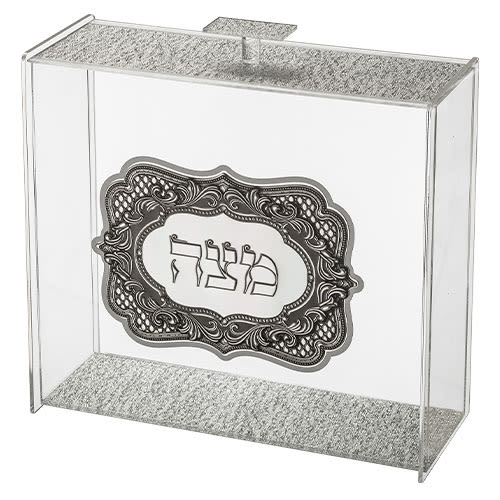
Tell us what you think!
Thank you for your comment!
It will be published after approval by the Editor.